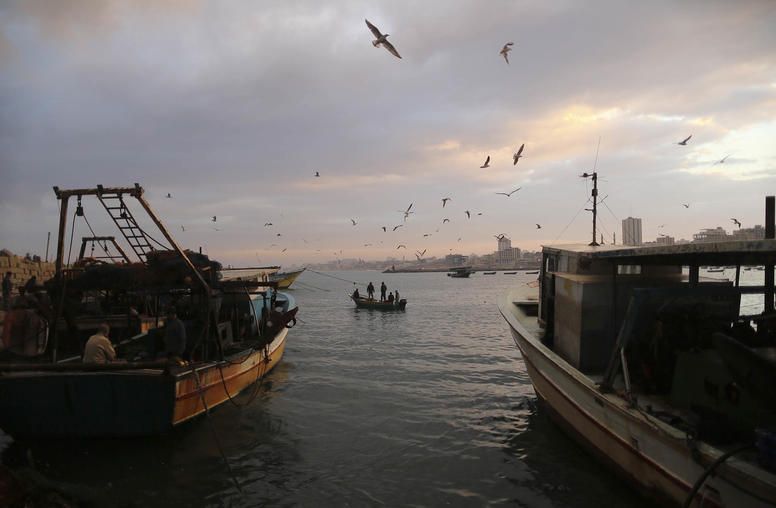The Current State of the Egyptian Opposition
Hesham Sallam, former USIP staffer and doctoral candidate in government at Georgetown University, discusses the recent political developments in post-Mubarak Egypt.
May 31, 2011
Hesham Sallam, former USIP staffer and doctoral candidate in government at Georgetown University, discusses the recent political developments in post-Mubarak Egypt.
- What is the current state of the Egyptian opposition?
- How did this return to political adversity manifest itself in Egypt? What have been its immediate consequences?
- How have Egypt's political actors responded to the referendum?
What is the current state of the Egyptian opposition?
The March 19 constitutional referendum and the lead-up to it tempered the strong feeling of unity that Tahrir Square once instilled in the country. The referendum marked the return of adversity and competition to Egypt’s political arena, as political groups were actively supporting (if not campaigning on behalf of) the “approve” and “reject” positions prior to the vote. Supporters of the “approve” position, like the Muslim Brotherhood, argued that passing the amendments would not only place limits on presidential powers and provide for judicial supervision of elections, but would also hasten a return to civilian rule. Opponents who called for a brand new constitution complained that the amendments did not go far enough in limiting presidential powers and gave an unfair edge to preexisting political groups.
What started as a disagreement over the content of the amendments soon turned into a full-fledged political battle with sectarian undertones. The fear-mongering tactics that some religious leaders used in encouraging voters to approve the constitutional amendments helped polarize the Egyptian political community across the Islamist/non-Islamist divide after the unprecedented level of cohesion that the opposition showed immediately after January 25. These divisions continued to loom large after March 19.
How did this return to political adversity manifest itself in Egypt? What have been its immediate consequences?
The widespread narrative that a “no” vote is a vote against Article 2 of the Constitution -- which makes sharia the main source of legislation -- turned Egypt’s first national vote in the post-Mubarak era into a divisive enterprise that reinforced sectarian and ideological cleavages. Following the vote, visible conservative preachers issued statements that portrayed overwhelming support for the constitutional amendments as a victory for Islam. This discourse stirred fears among Egyptians who are committed to an inclusive political system accommodating diverse communities, Muslim and Christian alike. Ironically, the role of sharia in lawmaking was technically not up for a vote during the referendum.
How have Egypt's political actors responded to the referendum?
Beyond the ideological and sectarian divisions, the lead-up to the referendum and the perceived success of the Muslim Brotherhood’s campaign in rallying voters in support of the constitutional amendments highlighted the notable gap between the organizational capabilities of the Brotherhood and those who supported the “no” position. Moreover, the mistrust and suspicion that the constitutional referendum injected into Egyptians politics seemed to have reawakened the competitive instincts of non-Islamist political leaders. With the passage of the constitutional amendments and the success of Islamists in garnering support for the “yes” vote, non-Islamist groups saw that they have no choice but to prepare themselves for an uphill battle in the upcoming legislative election scheduled for this September.
Because the country’s permanent constitution and the rules of political competition will be decided by the parliament that will be elected in a few months, it is not surprising that after the referendum many political actors seem to have focused their efforts on building parties and devising viable electoral strategies that could get them a seat at the table on which the country’s future will be negotiated. This is certainly a positive development insofar that it opens up the political field to stronger and more representative political parties and to actors whose voices were marginalized under Mubarak’s rule. Yet it remains that convening elections as early as September will likely put newly emerging political parties at a disadvantage compared to traditional groups that enjoy a long experience in elections under the previous order.
Explore Further
- Eye on the Middle East and North Africa - Experts from the U.S. Institute of Peace (USIP) are closely following developments throughout the Middle East and North Africa. In a series of reports and interviews, they cover a wide range of issues.



